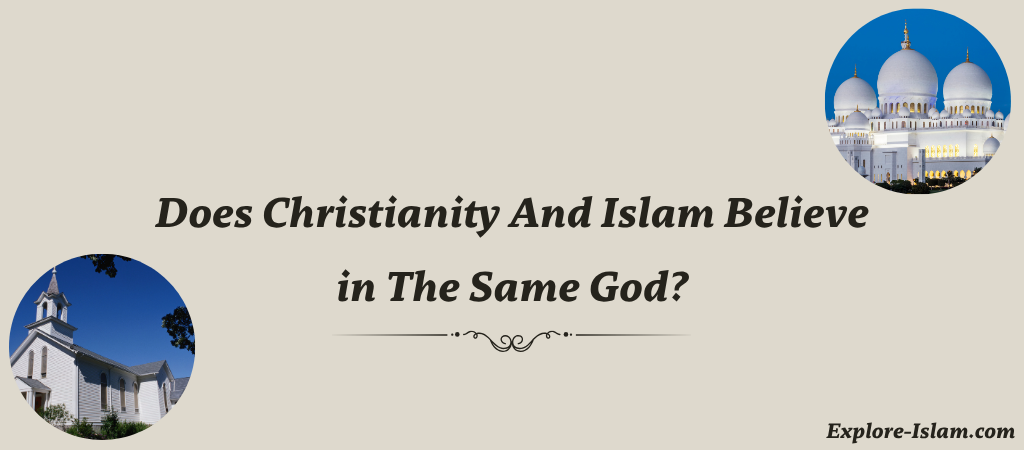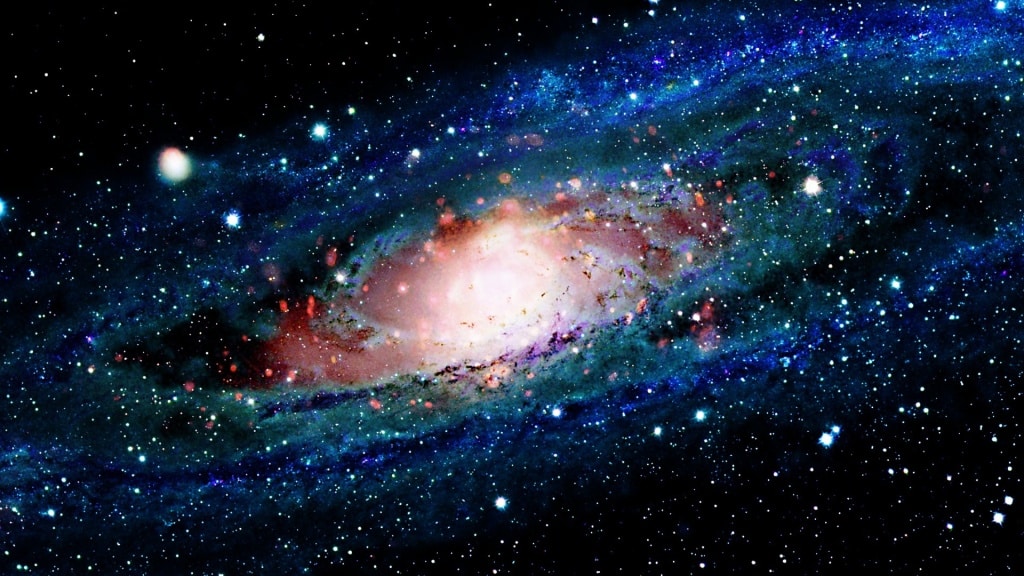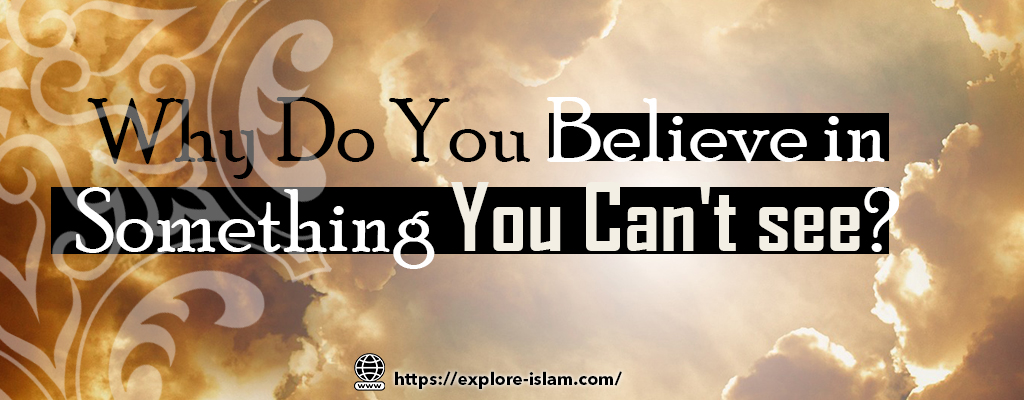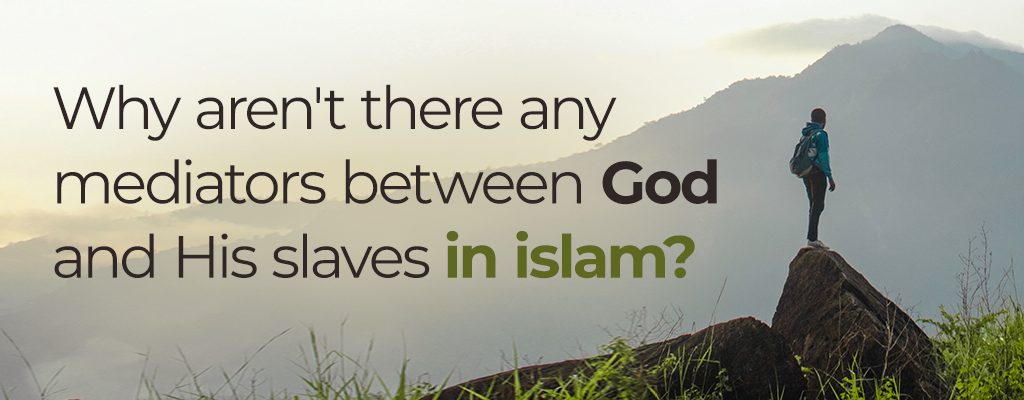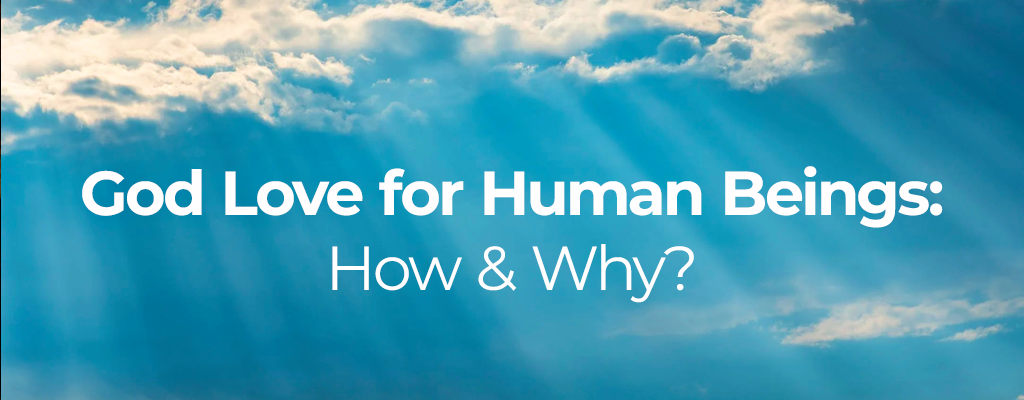In the past decade, a growing wave within Christian circles has raised a thought-provoking question: Do Christianity and Islam believe in the same God? This inquiry sparked a range of reactions across religious communities on both sides.
But beyond the emotional responses, the core question remains: Are these discussions genuinely committed to seeking the truth—by establishing the core beliefs needed for a meaningful and corrective understanding of the Almighty God’s depiction? Or are they merely efforts to build a bridge between conflicting doctrines, even if it means accommodating misguided beliefs?
This article dives deep into the similarities and differences in how God is depicted in Islam and Christianity, based on the spirit of the Bible and the Quran. It also sheds light on the concept of a unipersonal God in both faiths, the divine names used, and the attributes of God as portrayed in each scripture. By doing so, it opens the door for sincere truth seekers to reflect and find the answer themselves.
Do Christianity And Islam Believe In The Same God?
The answer to this question is both yes and no, depending on the context.
If we consider the earliest teachings of Jesus—as scattered in today’s Bible—we can find shared attributes of God that align with all divine scriptures, including the Quran, the Gospel, and the Torah. These similarities serve as signs for truth-seekers, pointing toward the final and preserved revelation, the Quran. From this perspective, and within the context of the original, unaltered messages, Islam and Christianity do believe in the same God.
But over time, the Bible has changed fundamental ideas about God, disrupting the divine revelation sequence and concluding it with the Bible instead of the Quran. Because of this, the claim that Islam and Christianity have a common god has been turned into a false bridge that is exploited to advance false theological views. The straightforward response is no—Islam and Christianity do not believe in the same God in this contemporary setting when basic conceptions of God diverge greatly.
Let’s now explore the key similarities and differences in belief in God between Islam and Christianity in more detail.
Read also:
- Does Islam Believe In Jesus Christ?
- What does the Quran say about the Bible?
- Is Jesus a Prophet in Islam?
- What Is The Difference Between The Bible And The Quran?
The concept of unipersonal god in islam and christianity
Both the Quran and the Bible—in its original form—emphasize the oneness of Almighty God.
Unipersonal God in the Quran
The Quran highlights the concept of a Unipersonal God in numerous verses, affirming that God is One, without partners, family, or equals. For example:
“Say: He is Allah, the One and Only.”
This and many other verses clearly define God in Islam as unipersonal, unique, and absolute in His oneness.
Unipersonal God in the Bible
The belief in one unipersonal God is also found in the Bible, both directly and indirectly. For example, Jesus affirms the core monotheistic belief when he responds to a scribe:
“The first of all the commandments is: ‘Hear, O Israel, the Lord our God is one Lord.”
Throughout the Bible, Jesus never commands people to worship him. Instead, he expresses submission to God by bowing in prayer (Matthew 26:39), referring to himself as a servant (Matthew 10:24, John 13:16) and as a prophet (Mark 6:15, Luke 7:16).
In fact, the term “son” is used in the Bible to refer to others as well—not just Jesus. It describes righteous individuals (Wisdom of Solomon 2:15) and angels (Job 38:7), highlighting that the term is metaphorical and not exclusive.
Read more:Is Jesus a god?
How the Concept of God Changed in the Bible Over Time
Early biblical texts suggest that the idea of Trinity was not part of the original message, but was inserted later. Many Christian theologians acknowledge the inability to restore the Bible to its original form. The oldest manuscripts found are in Greek, not Aramaic—the language spoken by Jesus. These texts were written by non-eyewitnesses, and many errors in translation and versions further complicate the authenticity of the current biblical message.
For more about how the Bible foretells the coming of the final divine message—Islam—and to explore these references further, refer to the following articles:
Allah Or Yehwah? Name Of God In Islam And Christianity
Though the names of God appear different in Islam and Christianity, the issue of the name itself is not as significant as the core beliefs and theological concepts discussed earlier.
Is God’s name Allah or Yahweh? Let’s explore the meaning and implications of each:
Allah in Islam
“Allah” is the proper name of the one Almighty God, the Creator of the heavens and the earth, in Islam. The use of this name predates the advent of Islam and can be found among Arab Christians and Jews who used it in their religious texts. Even today, the name “Allah” appears in Arabic translations of the Bible as a reference to the one true God.
Read also:
Yahweh or Jehovah
“Yahweh” (sometimes rendered as Jehovah) is not a proper name in the same way. It is more accurately described as a title, meaning “The Lord” or “God” in Hebrew. The Arabic equivalent of this title is “Ar-Rabb” (The Lord), with similar titles used in other languages.
Are Allah and Yahweh the Same?
To determine whether “Allah” and “Yahweh” refer to the same God, one must examine the attributes associated with each. If Yahweh is understood to be the Creator of the heavens and the earth, the one, unique, and perfect deity with no partners or family, then both “Allah” and “Yahweh” refer to the same God.
Attributes Of God In Islam And Christianity
Though the theoretical understanding of God’s attributes in Islam and Christianity may show many similarities, a practical look at the Bible and the Quran reveals significant differences. For example, while both agree that Almighty God is loving, fair, holy, eternal, and omnipotent, the actual presentation of these attributes in the scriptures differs greatly.
God’s Love: Is Unconditional Love Accurate and Just?
Christians often describe God’s love as “unconditional”—an appealing feature of the biblical depiction. But is this truly what the Bible teaches? And is the concept of unconditional love itself fair?
Divine Love in the Bible
Does the common idea of sacrificing the son for the sins of others reflect unconditional love?
What about the violence found in the Bible?
Is it just to treat all people equally, regardless of their actions, and love them all the same?
If unconditional love governs the world, what then motivates people to do good or avoid evil?
No one denies the presence of injustice and evil in this world. What, then, comforts the oppressed—if not the belief in fair judgment in the afterlife? This concept cannot coexist with the idea of unconditional love.
The Quranic Principle of Justice and Conditional Love
The Quran emphasizes individual accountability (translated):
“No soul burdened with sin will bear the burden of another.” (Quran, 53:38)
Thus, justice requires fulfilling certain conditions to earn the Creator’s love. For instance, Almighty God outlines the path to His mercy, saying (translated):
“My mercy encompasses everything. I will ordain mercy for those who shun evil, pay alms-tax, and believe in Our revelations; the ones who follow the Messenger, the unlettered Prophet, whose description they find in their Torah and the Gospel.”
Once the worshipper admits God’s oneness and believes in all divine scriptures and prophets ending with Prophet Muhammad, he opens the doors of divine mercy before himself. Any sin can be forgiven by sincere repentance and Almighty God is happy with those who repent and turn back to Him.
Read also:
- Does Almighty God Love Us?
- God’s Mercy in Islam and Christianity
- Does God Forgive All Sins?
- What is Islam?
God’s Relationship to Creation
Both Islam and Christianity highlight God’s closeness to His creation, but in different ways.
How God Is Relational In The Bible
The biblical example of God walking in the garden searching for Adam undermines His divinity by limiting His knowledge and holiness. The Bible also states, “No one can see God” (John 1:18). So, which biblical context is accurate?
Islamic Concept Of God’s Nearness To Creation
Islam presents God’s nearness through His knowledge and mercy, reflecting His divine greatness. God says in the Quran:
“When My servants ask you [O Prophet] about Me: I am truly near. I respond to one’s prayer when they call upon Me. So let them respond [with obedience] to Me and believe in Me, perhaps they will be guided [to the Right Way].”
Furthermore, Islam teaches that no one can see God in this worldly life. The story of Prophet Moses in the Quran (7:143) confirms this. In the hereafter, however, those who obey Almighty One God will be blessed with seeing Him.
Thus, Islam maintains God’s supreme divinity while fulfilling the human need to feel connected to a higher power. It also bases nearness on the individual’s relationship with God, encouraging personal reform to attain greater mercy and support.
Read more:
Is God Knowable in Islam and Christianity?
When examining the texts of the Bible and the Quran to understand God’s attributes—directly or indirectly reflected in His actions and laws—the contrast is clear.
Negative Depiction of God in the Bible
Consider the human traits of fatigue and regret in Genesis (2:2), or grief and repentance in 1 Samuel (15:11), which suggest a lack of divine foreknowledge. Can these depictions be from the original Bible revealed to Prophets Moses and Jesus, or are they insertions that distort the image of God? Can anyone truly know God through such irrational depictions?
Preserved, Unique, and Comprehensive Depiction of God in Islam
As the final revelation, Islam preserves its message eternally. The Quran provides extensive details about God’s names and actions, helping the believer understand the path to salvation. It leaves no room in the heart but to love the One true God for His unique attributes.
Compare, for instance, the story of creation in the Quran (2:30–39) compared to the same narrative in the Bible. Reflect on the differences in how each depicts God’s attributes.
To sum up, Almighty God revealed Himself in all divine scriptures in a way that guided people of their time toward love and salvation. After earlier revelations were distorted, God sent Islam as the final message, preserved for all generations, with a complete and rational understanding of the One true God.
For more about God’s names and attributes in Islam, refer to these articles:
- Al-Wadud (The Affectionate)
- The Eternal Refuge (As-Samad)
- Guardian (Al-Walee)
- Al-Jawwad (The Most Generous)
- Ar-Rahman (The Entirely Merciful)
- The Exalted in Might ‘Al-Azeez’
- Al-Fattah — The Opener
Conclusion:
In short, Islam believes in one Almighty, unique God—without rivals, partners, or family—the same core message found in all previous divine revelations. This article examined where the biblical depiction of God deviates from that of the Quran, while also highlighting the key similarities between Islam and Christianity.
In other words, Islam, as the final and preserved message, comes to correct misunderstandings about the Almighty that emerged over time.
Read the Quran today and begin your journey toward understanding God as He truly introduces Himself. Our team is here to support you with any questions you may have about Islam or the Almighty God!

